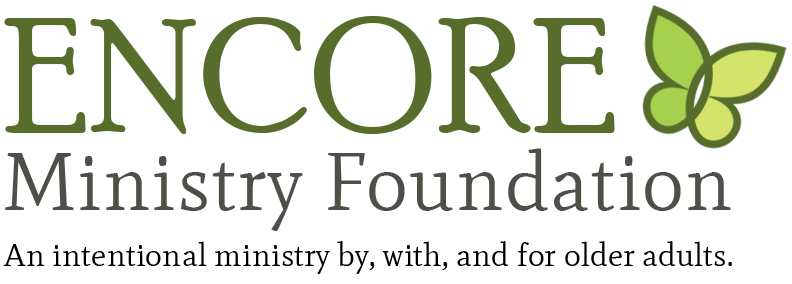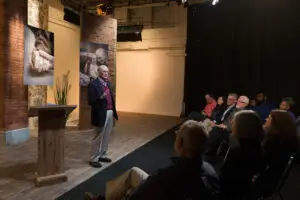What’s Your Personal Mission Statement?
On my desk is a small, unframed piece of paper. While the edges are frayed and the once-white paper is yellowing, it provides an important focus for living my days. It reminds me of who I am and what I hope to become.

